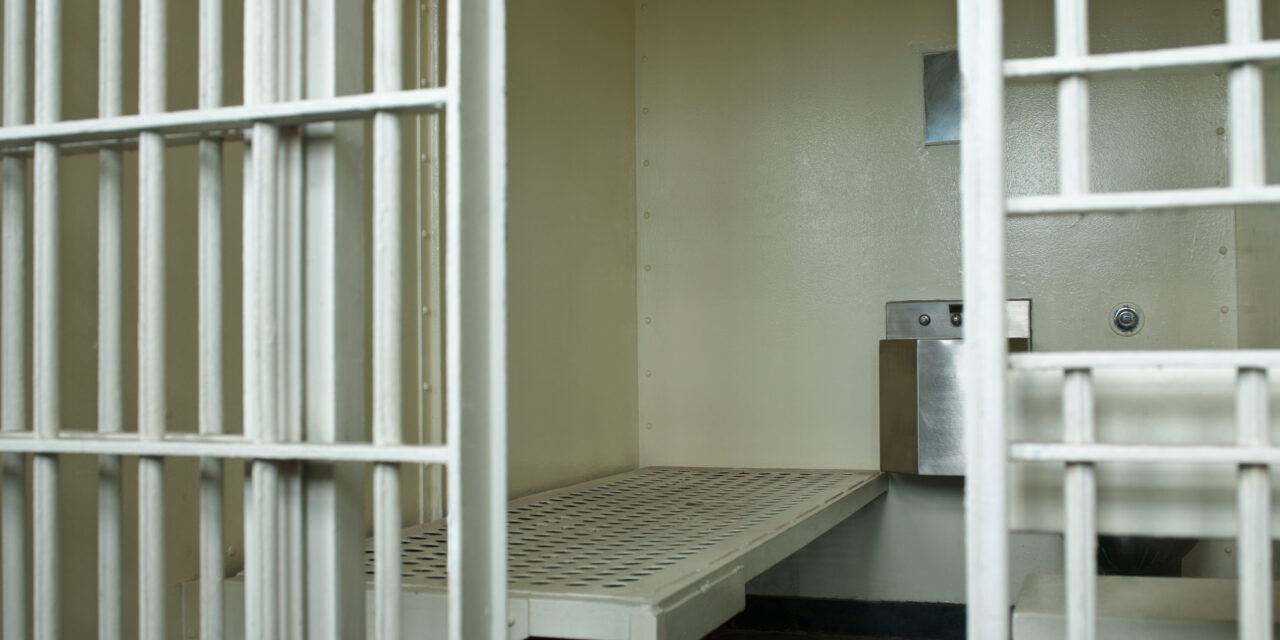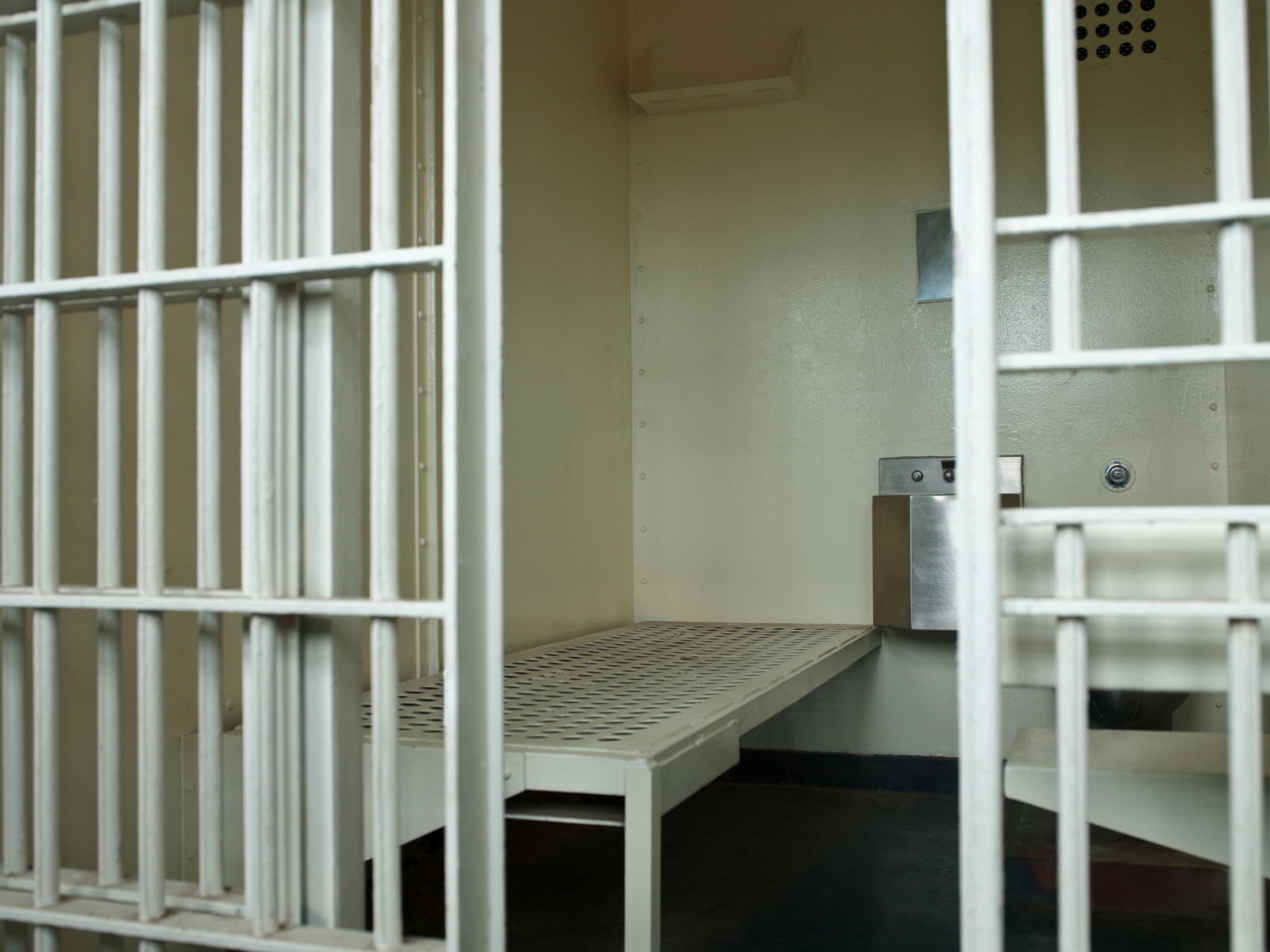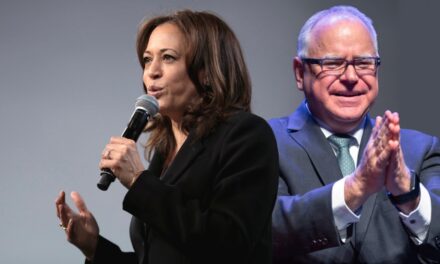September 7, 2024
Freddie Owens asked his lawyer to choose his execution method because, as a Muslim, he viewed participating in his own death as akin to suicide.
{ alert(‘URL copied to clipboard’); }) .catch((error) => { console.error(‘Error copying URL: ‘, error); }); } ]]>
On Sept. 20, South Carolina prison inmate Freddie Owens is scheduled to be executed. He elected to have his lawyer choose the means. Attorney Emily Paavola chose lethal injection as the method of execution, informing South Carolina prison officials to prepare it as an alternative to the firing squad or electric chair. Owens’ execution is set to be the first in the state since 2011.
Owens had initially been given the choice but refused to make the decision himself, stating in court documents that selecting his method of execution would be akin to suicide, which goes against his Muslim faith.
Paavola was tasked with deciding on behalf of her client, and according to the Associated Press, she approached it with careful consideration. In a statement following her choice, Paavola expressed dissatisfaction with the lack of transparency from prison officials regarding the lethal injection drug. She voiced concerns over whether the drug would cause Owens to suffer unbearable pain, fearing it could result in cruel and unusual punishment.
“I have known Mr. Owens for 15 years. Under the circumstances, and in light of the information currently available to me, I made the best decision I felt I could make on his behalf. I sincerely hope that the South Carolina Department of Corrections’ assurances will hold true,” she wrote in the statement.
Despite her uncertainties, Paavola had to decide because the state would have sent Owens to the electric chair by default, which is against his wishes.
Attorneys for 46-year-old Owens have filed several legal motions since his execution date was officially set in late August, but so far, there have been no delays, and they have exhausted many of their viable options.
The Supreme Court is still deliberating a pending request from Owens, who has sought a delay in his execution to allow his lawyers additional time to argue that his co-defendant in the original trial lied. Owens claims that the co-defendant received a deal to avoid the death penalty or a life sentence by testifying that Owens was responsible for fatally shooting a store clerk named Irene Graves during a 1997 robbery gone wrong.
Owens’ lawyers argued that the store’s video didn’t clearly show who pulled the trigger and killed Graves and that the original trial lacked any scientific evidence, leading to the requirement of beyond a reasonable doubt not being met in his conviction. Owens allegedly confessed to the killing to his mother following the robbery.
The South Carolina Attorney General’s Office wrote in a court filing, “Owens has had ample opportunity to litigate claims regarding his conviction and sentence. He is due no more.”
Owens and his lawyers have one more avenue to attempt to keep Owens from being executed and have contacted the South Carolina governor — who alone has the power to grant clemency and reduce a death sentence to life in prison instead.
Gov. Henry McMaster commented on the appeal and stated that he intends to maintain the tradition of governors before him when making his decision. He plans to announce his final decision as a call to prison officials in the death chamber just minutes before Owens’ execution is to be carried out.
RELATED CONTENT: Death Row Inmate In Missouri Pleads Case Weeks Before Scheduled Execution






